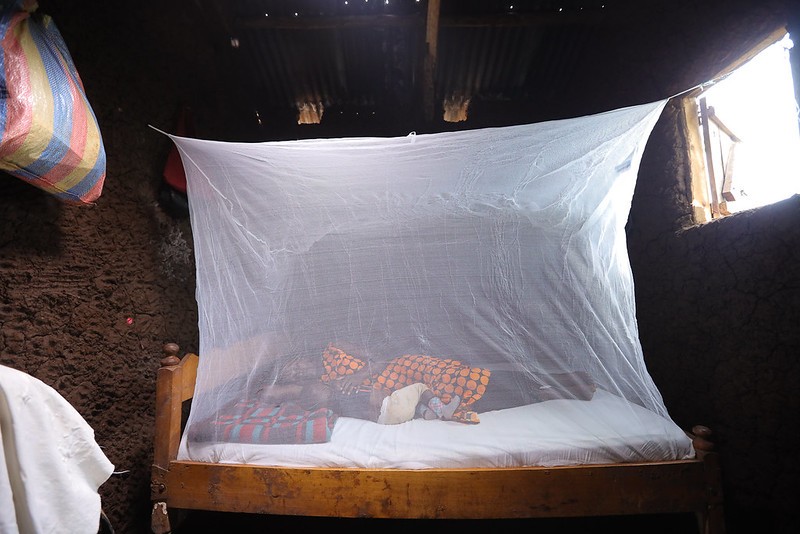
By Kekeli K. Blamey
The Ashanti Regional Health Directorate is set to launch a Point Mass Distribution (PMD) of Long-Lasting Insecticide-Treated Nets (LLINs) from Thursday, July 18 to Monday, July 22. This initiative follows the successful completion of household registration in 41 districts, which captured over 2.282 million people between Friday, June 7, and Tuesday, June 11.
The National Malaria Elimination Programme (NMEP) has consistently adopted PMD as a crucial strategy in the fight against malaria, the leading cause of outpatient department (OPD) attendance across the country. In the Ashanti Region, 924,847 malaria cases were reported in health facilities in 2023, compared to 804,112 cases the previous year.
Data from the Regional Health Directorate reveals that uncomplicated malaria cases for the first quarter of 2024 have surged to 413,189, marking a 6.5 percent increase from the 386,321 cases recorded in the same period in 2023.
The mass distribution of LLINs aims to reduce malaria-related diseases and deaths, particularly among children under five years and pregnant women, who are the most vulnerable. Trained Distribution Point Attendants, identifiable by GHS tags, will distribute the nets at designated points in communities across the 41 districts.
Dr. Emmanuel Tinkorang, the Regional Director of Health Services, emphasized the importance of sleeping under LLINs for full protection against mosquitoes in an interview with the Ghana News Agency ahead of the distribution. He advised the public to air the LLINs in the shade for 24 hours before use to avoid discomforts such as heat and body itching.
Dr. Tinkorang also urged the public to avoid washing the LLINs in rivers and ponds to prevent water pollution with chemicals and handle them gently to ensure longevity. He highlighted that providing LLINs to households not only protects a significant portion of the population but also creates a community-wide effect that could reduce the overall mosquito population.
He stressed the economic impact of malaria and the importance of those captured during the household registration to collect their nets, underscoring the collective benefit for the country.





